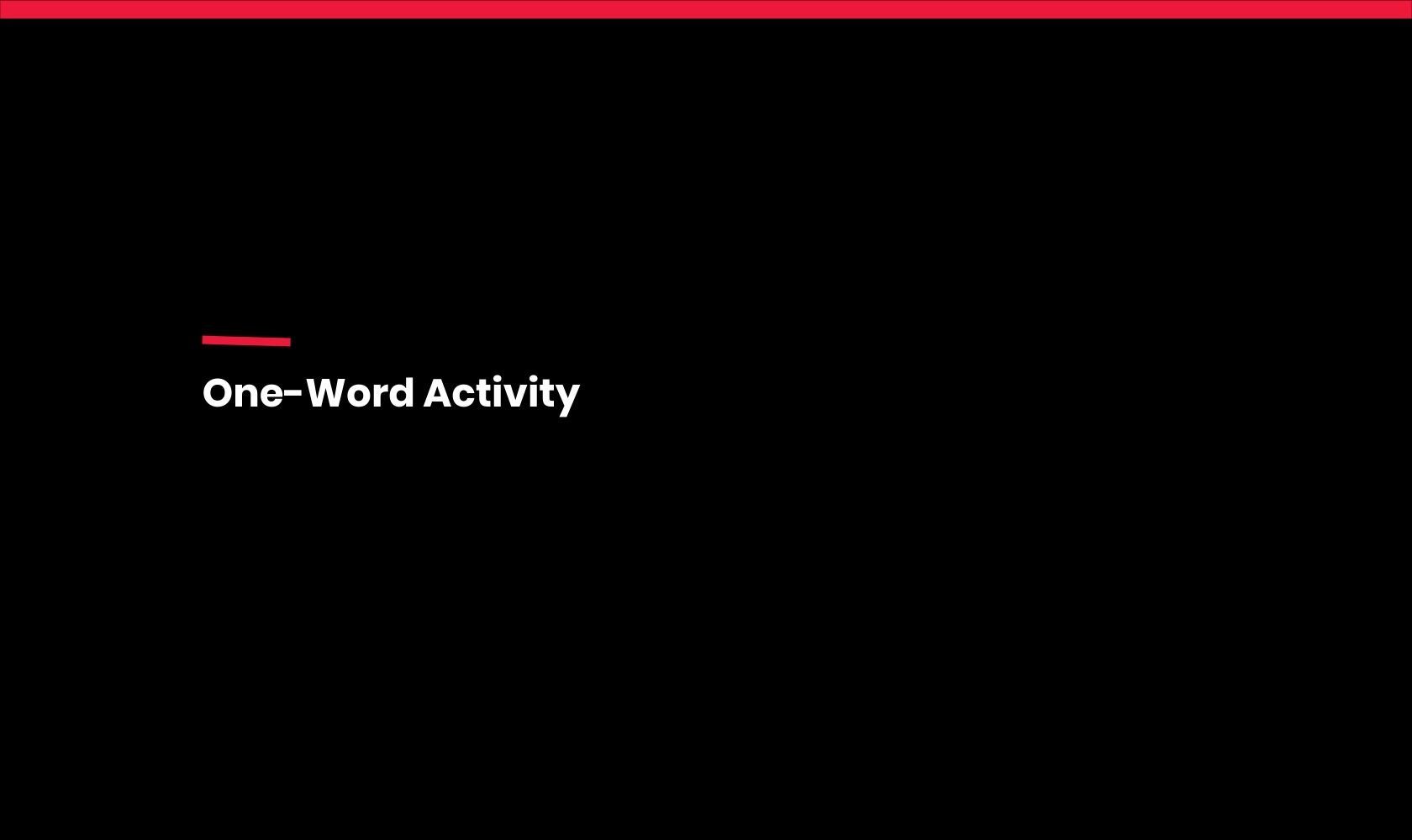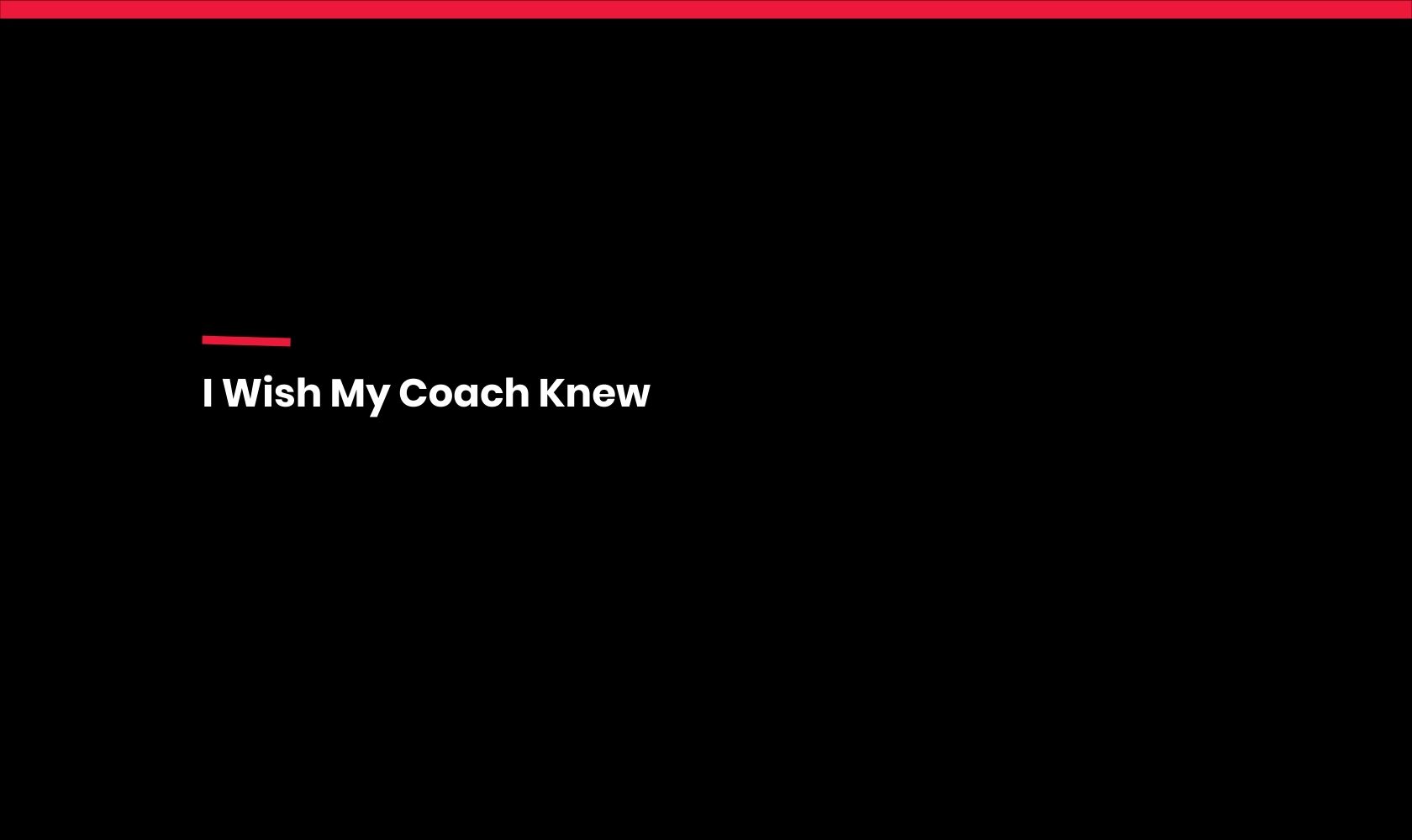Building rapport and developing relationships is arguably the most important part of coaching. After all, coaching is a human activity, revolving around people, and centred upon our abilities to motivate, teach, and interact with one another. So how can we form meaningful connections with our athletes and build the great coach-athlete relationships that make truly great coaching possible?
Below, we consider the teachings of Dr. Wade Gilbert, acclaimed coaching consultant and sport scientist, as we explore the importance of interpersonal knowledge, the need to build trust, and why connecting with our athletes as people is crucial to forming constructive relationships. To conclude, we’ll also present some techniques and activities for getting to know athletes for the first time, building rapport, and laying the foundations for positive sporting experiences.
The Importance of Interpersonal Skills
Many experts believe that great coach-athlete relationships depend upon coaches possessing a solid base of interpersonal skills. This idea is furthered by Gilbert, who, in a research project conducted alongside coaches, former athletes, and psychologists, has attempted to break down the component pieces of effective coaching.
“What are the components of becoming a great coach?” he asks. “We found that the first foundation of great coaching was people skills, and what we might refer to as interpersonal knowledge. And, breaking that down further, we found that the first part of that is Love — which we define as acting in the best interest of your athlete.”
The best coaches, Gilbert says, serve their athletes, doing what’s best for the individuals they coach, not what’s best for themselves. “Sometimes that may even be calling for discipline,” he adds. “They may not like it, or you, but, in the long-run, you must do what’s best for their development.”
Ultimately, effective coaching requires us to connect with people. If we want to be great coaches, we must first learn how to build connections with our athletes.
Getting to Know Our Athletes as People
Key to building connections with athletes is understanding that we coach people, not a sport, and reframing our relationships with them in this context. One of our most important jobs as coaches is getting to know the individuals we’re working with, and learning about their lives away from sport.
Their home and school lives, personal relationships, outside interests, and a host of other socio-cultural factors will influence the way our athletes learn and how we can motivate them. Furthermore, by actively trying to learn about these aspects of their lives, we can demonstrate that we care about them, slowly build trust, and lay the foundations for positive long-term relationships.
Techniques for Building Connections with Athletes
When working with athletes, we should attempt to learn about their lives and build these connections as early as possible — ideally as soon as we start coaching them. Trying to encourage a completely new group of people to open up may seem daunting, but it’s often easier than we might expect. Gilbert recommends a few activities for getting to know your athletes:
One-Word Activity
The One-Word Activity is ideal for our very first session with a new team to support relationship building between and amongst athletes and coaches. “The first meeting should not be about your sport,” explains Gilbert. “It should be about connection. Remember, if your athletes don’t trust you, and they think that you don’t care about them, nobody cares about the sport. The things they want to know first are ‘Can I trust this person? Do they care about me?’”
For this reason, Gilbert recommends not discussing things related to our sport — topics like our coaching or preferred playing style, training methods, or expectations for the season — during the first meeting. Instead, exercises like the One-Word Activity can act as an excellent icebreaker.
“Give every athlete a sheet of paper and ask them to write the one word that best describes them,” he says. “Then go round the room, one by one, and get everybody to explain why they have chosen that word. It’s simple, but, before long, everyone’s sharing, laughing, and getting to know each other.
“I’ve done this with teams where nobody had met each other before the meeting, and, by the end, people were smiling, having fun, and they’d made connections. We start with connection. Then we can move onto the sport.”
I Wish My Coach Knew
For this activity, we give each of our athletes an otherwise blank card titled ‘I wish my coach knew’, and invite them to fill it in. In doing so, we encourage them to express themselves, while giving ourselves the opportunity to learn something new about our athletes when we read the cards later.
“I wouldn’t do this the first time you get together with a team,” advises Gilbert, “because you don’t have any trust yet; they don’t know who you are or why they’d share something personal with you. But perhaps you could try it two or three weeks into a season. You’ll be amazed at the stuff the kids share with you, and it will really open your eyes to who they are as people, what they’re dealing with at home, and their relationships with their friends and family.
“And this, of course, directly impacts how they behave at practice, and their motivation to do certain things, both at practice and with their teammates.”
Athlete Profile Cards
This technique is slightly more formal but incredibly useful. Simply create a one-page questionnaire for athletes to fill out (parents can also be included in this exercise) — blank profiles that request basic information such as name, age, and height, but, more importantly, include sections for more personal information.
“Prompts like ‘responds best when…’, and ‘doesn’t respond well to…’, can provide great insights,” says Gilbert. “Additional questions can cover topics like athletes’ favourite positions, teams, and players. I also ask for one thing I should know that will help me to coach them better.”
Gilbert also includes a section on each form for the himself, where he documents whether the athlete reminds him of anybody he’s coached before. “You end up with this little profile on every athlete you’ve coached,” he explains. “And then, when you get into another season, you can refer back to those cards for other athletes. So if I’m struggling to connect with an individual one year but think that they remind me of another athlete, I can refer to that athlete’s card and see what they responded to; maybe trying something similar will help me to build a connection this time.”
Finally, Gilbert asks athletes (and their parents) to score their ability, from one to ten, in areas such as confidence, competence, connection, and character. “I don’t care what the numbers are — I’m not doing data analysis on them,” he says. “Rather, it’s about creating a shared language with the players and their parents — a shared language about the things that matter to us.”
Thus, Athlete Profile Cards aren’t only a valuable source of information; they help us to open a dialogue with our athletes, about our ideas and the things that are important to us, and can go a long way towards helping us form meaningful connections from our very first training session.
“I’d encourage all coaches to reflect on these things as they go into their seasons,” concludes Gilbert. “How do we build connections? How do we apply interpersonal knowledge while acting in the best interests of our athletes and showing that we care about them?”
Final Thoughts
For coaches, the cornerstone of building great coach-athlete relationships is possessing good interpersonal knowledge and acting in the best interests of the individuals they work with. We should strive to get to know our athletes as people, learn about their context and the myriad socio-cultural factors that influence them, and help them to see that we care about them.
By using a range of techniques and activities based not upon sport, but focussed solely on building connections, we can show our athletes that we value them as people, build trust, and lay the foundations for positive and meaningful relationships.
In Summary
- Good interpersonal skills and a desire to place our athletes’ needs ahead of our own are fundamental to developing great coach-athlete relationships.
- Before attempting to build rapport with our athletes, we should endeavour to get to know them as people.
- We must demonstrate that we care about our athletes as individuals in order to form meaningful connections.
- Our first priority with any new group of athletes should be to form connections. This will help us to build trust, show that we care, learn how best to coach them, and lay the foundations for positive relationships and sporting experiences as we progress together.
Image Source: Pixabay










